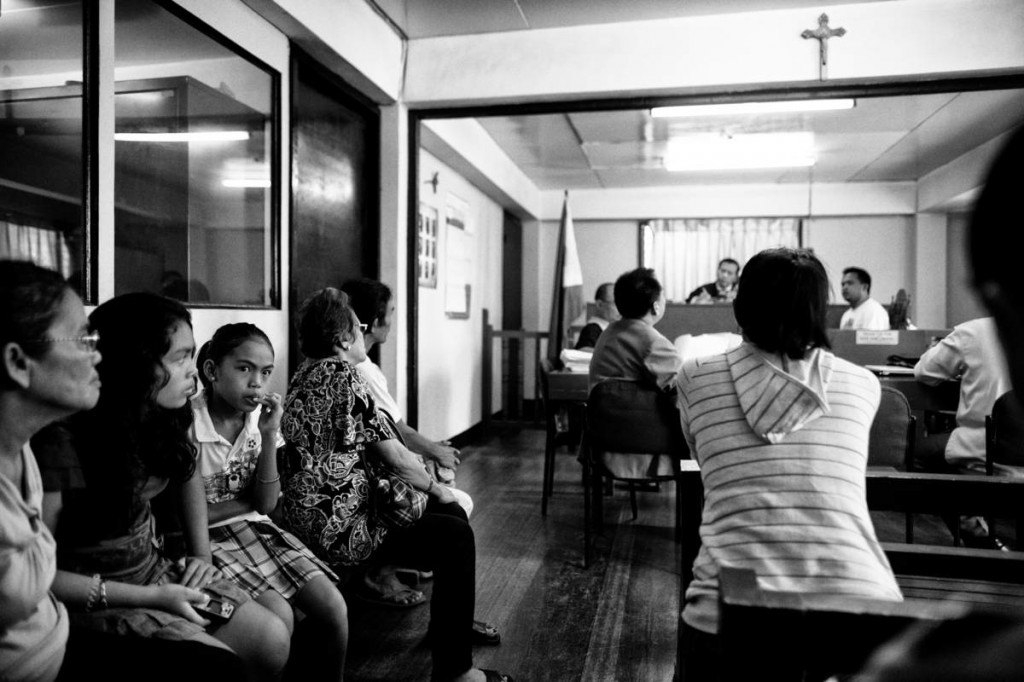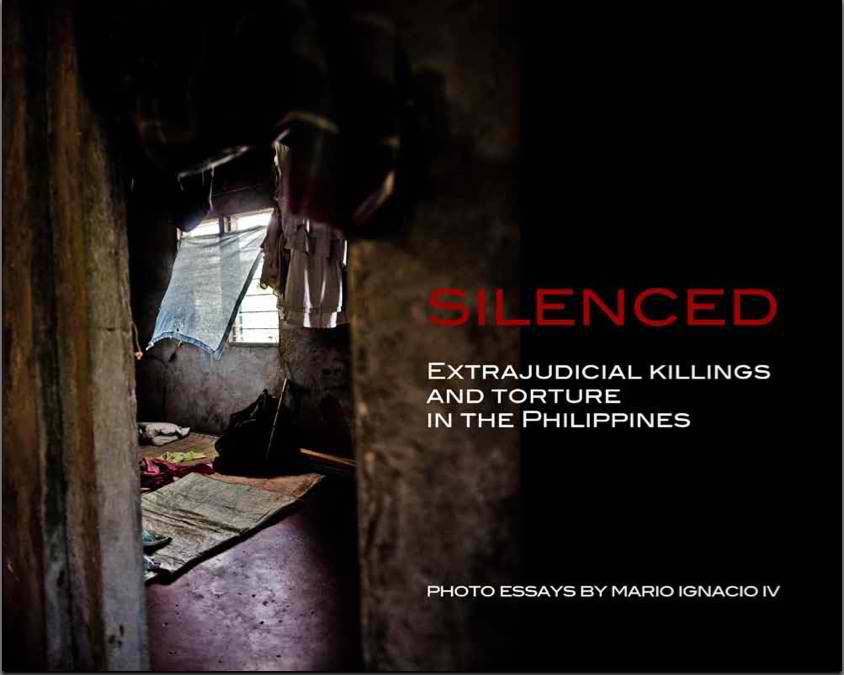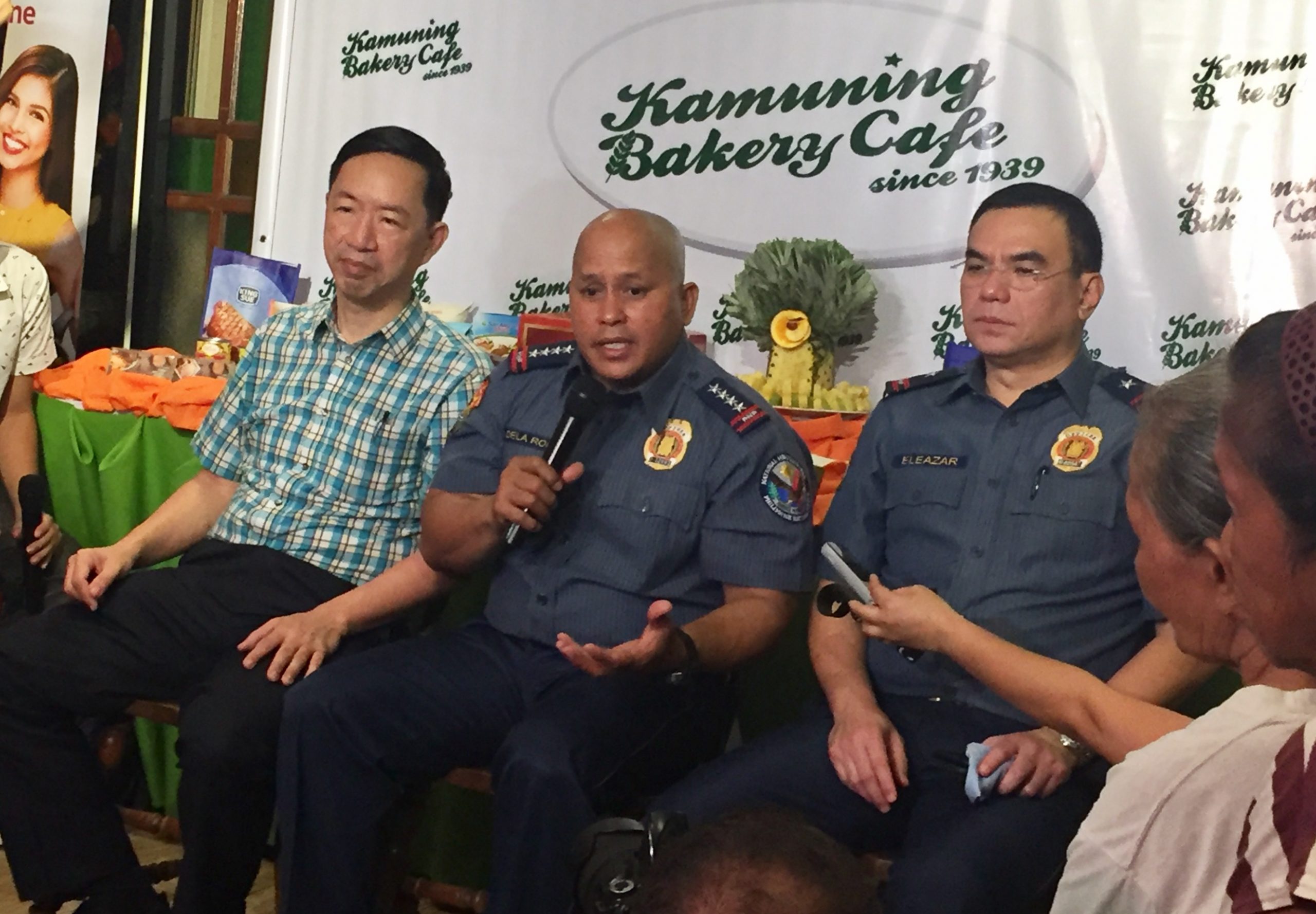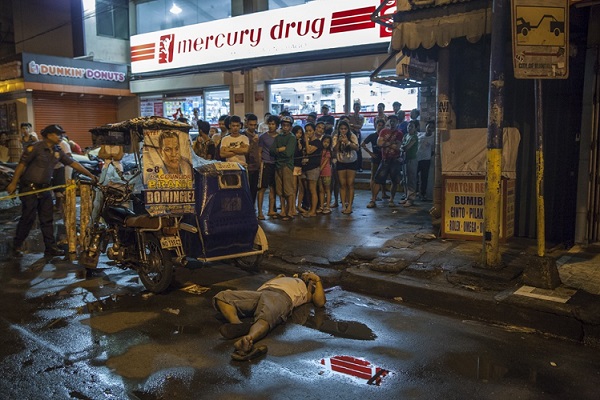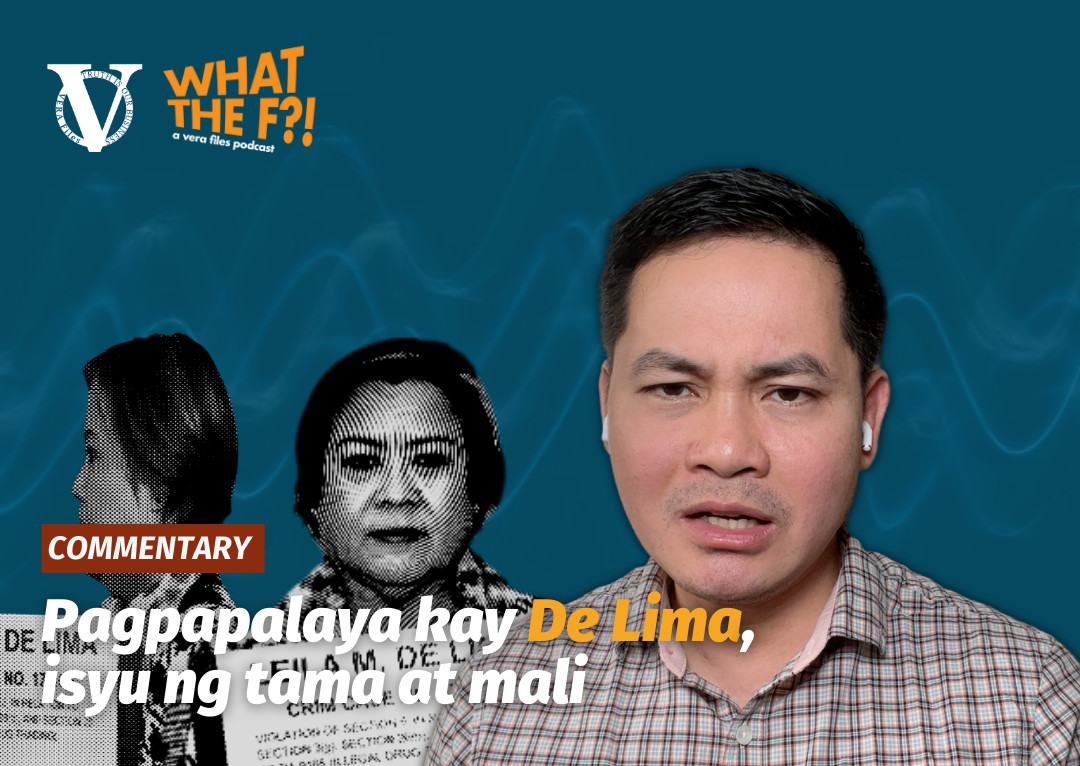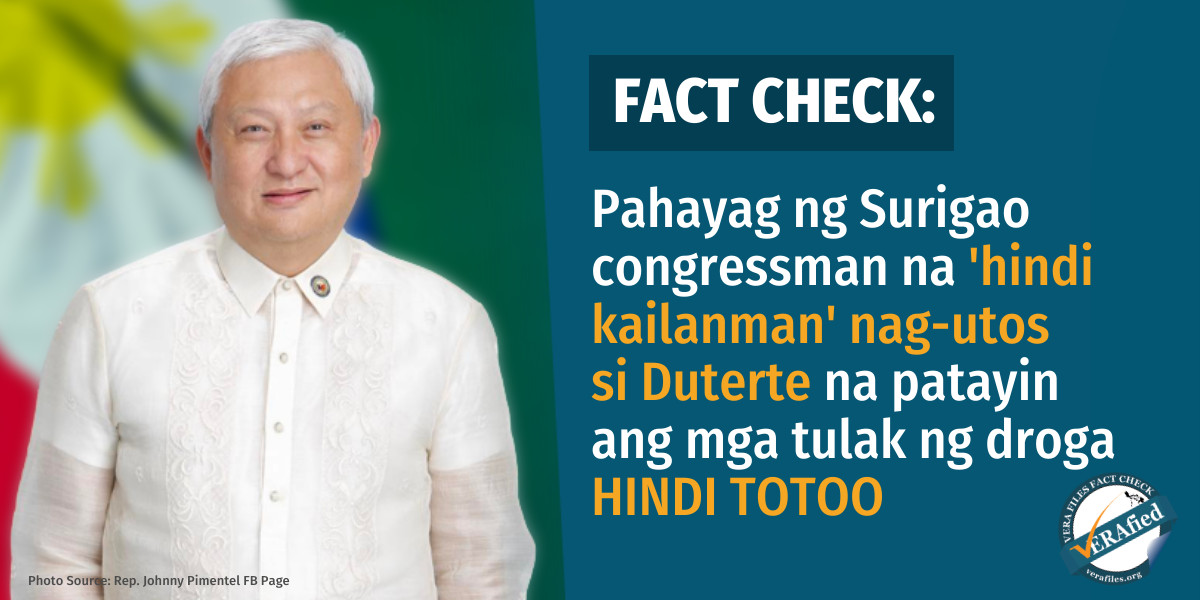By NESTOR B. RAMIREZ
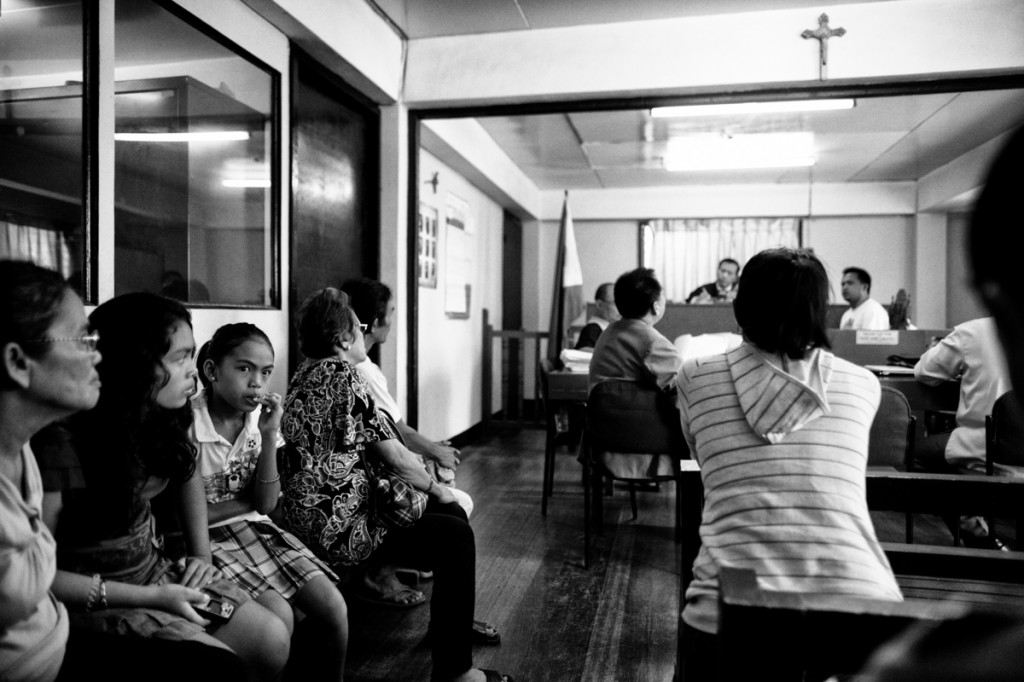
TAGBILARAN CITY—It was Gerry Cuñado’s third time to take the witness stand.
But the grief that overcame him in court the morning of July 15 was as raw as what he first felt when his wife, Liezelda, a women’s rights advocate, was killed in their home in Candijay town the night of July 3, 2006. She was 30 at the time.
Cuñado suddenly broke down in tears when asked how he felt about Liezelda’s death, and had to be comforted by Prosecutor Eric Ucat who had posed the question. Sensing the witness’ grief, Judge Pablo Magduza suspended the hearing.
A hearing scheduled last July 29 where Cuñado was supposed to continue testifying was also postponed after Cuñado informed the court he was not yet ready to again take the stand.
“I am not yet ready to answer another question about my wife,” Cuñado said in Bisaya.
Before Cuñado became emotional in the July 15 hearing, he was recounting his ordeal when he was all of a sudden left to singlehandedly care for his two daughters, Angelica, then 8, and Dianne, then 6.
“Money could not compensate for what has happened to my family,” he said, in reply to how much he would ask in damages for the death of his wife and for the difficulty of raising his children alone.
It was up to the court to decide the damages the accused, his neighbor and alleged military asset Joel Bayron, should pay them, he added.
Cuñado, who was wounded in the shooting, said that after his wife died, he lost his job because of his injuries and had to depend on relatives and friends to survive. A bullet supposedly fired from Bayron’s gun fractured a bone.
The widower said his family even had to borrow for his hospitalization and the burial of Liezelda. He was asked to furnish the court a list of expenses incurred for these.
The Cuñados also rely on groups like the human rights alliance Karapatan to help them out case, including for transportation money to attend hearings held here.
Daughters to testify
During the hearing Cuñado told the court he did not see who shot Liezelda because he had rushed back to his house to get help after he was shot twice by Bayron during the confrontation. When he returned to his front yard, Liezelda was already slumped in a pool of blood, dead.
Cuñado said Bayron and his wife Grazela were no longer there when he returned to the yard.
While he did not witness the shooting of Liezelda, he said his two daughters saw their mother killed from the upstairs window.
The two were earlier scheduled to testify in court, but their appearance had to be postponed because Cuñado has not finished his testimony.
Angelica and Dianne have been accompanying their father to the court since April to acquaint themselves with court procedures.
Ucat said that aside from the Cuñado sisters, two of their neighbors had executed an affidavit stating they saw the altercation and Joel shoot the couple.
But he said he need not present the two in court because their testimony is almost the same as those of Angelica’s and Dianne’s.
“The sworn statement of the two neighbors and the direct testimony of the two daughters are enough to get a conviction,” he said.
Ucat said, however, he could not say if Bayron would be convicted for murder. “It is only the court who can determine the conviction. I am trying my best to get a conviction for murder,” he said.
In his July 15 testimony, Cuñado said that Bayron’s wife Gazella was brought to the Candijay police station right after the shooting and stayed there for a week. She was allowed to roam free inside the station and was not placed behind bars, he said.
Cuñado later learned that Gazella had been released. When he inquired why she was let go, police told him they were afraid of being held liable if they continued to detain her.
The widower said, however, Gazella was included in the murder complaint and a warrant of arrest issued against her. Gazella is said to be in hiding in Davao.
Ucat, in an interview, urged the Bohol police to arrest Gazella, so she would be included in the trial.
If Gazella would be captured much, much later, the prosecution and defense need to repeat the entire process of presenting witnesses in court, putting Cuñado and his two daughters yet another ordeal.
(This story is part of the VERA Files project “Human Rights Case Watch” supported by The Asia Foundation and the United States Agency for International Development. )
